Chris Marker, writer, photographer, filmmaker and time-traveler created the post-nuclear-war photo-novel-film “La Jetée,” an inventive melange of image and sound, politics and philosophy.
La Jetée – French version, 1962 By Chris Marker. Found on Criterion
Chris Marker: “Every Memory Can Create its Own Legend”
Chris Marker, the mercurial international man of semiotic mystery, creator of the visionary film La Jetée, died at the age of 91 in 2012. From Ronald Bergan in The Guardian:
Marker’s creative use of sound, images and text in his poetic, political and philosophical documentaries made him one of the most inventive of film-makers. They looked forward to what is called “the new documentary”, but also looked back to the literary essay in the tradition of Michel de Montaigne. Marker’s interests lay in transitional societies – “life in the process of becoming history,” as he put it. How do various cultures perceive and sustain themselves and each other in the increasingly intermingled modern world?
Marker fought in the French Resistance and supposedly with the American armed forces during the second world war. He emerged from the Parisian Left Bank intellectual climate, coming under the influence of two postwar figures, André Malraux and André Bazin, working with the latter on the theatre section of the magazine Travail et Culture, then under the aegis of the French Communist party.
La Jetée is Chris Marker’s (Christian François Bouche-Villeneuve) 1962 French science fiction photo-novel film (The Jetty or The Pier). Constructed almost entirely from still photos, it tells the story of a post-nuclear war experiment in time travel, where a man is obsessed with an image from his past. The film was loosely remade in 1995 by Terry Gilliam in Twelve Monkeys. La Jetée runs for 28 minutes and is in black and white.
A man (Davos Hanich) is a prisoner in the aftermath of the Third World War, in a destroyed, post-apocalyptic Paris where survivors live underground in the Palais de Chaillot galleries. Scientists research time travel, hoping to send test subjects to different time periods “to call past and future to the rescue of the present.”
STORY: Lucifer Rising: God of Light and Color in Experimental Film
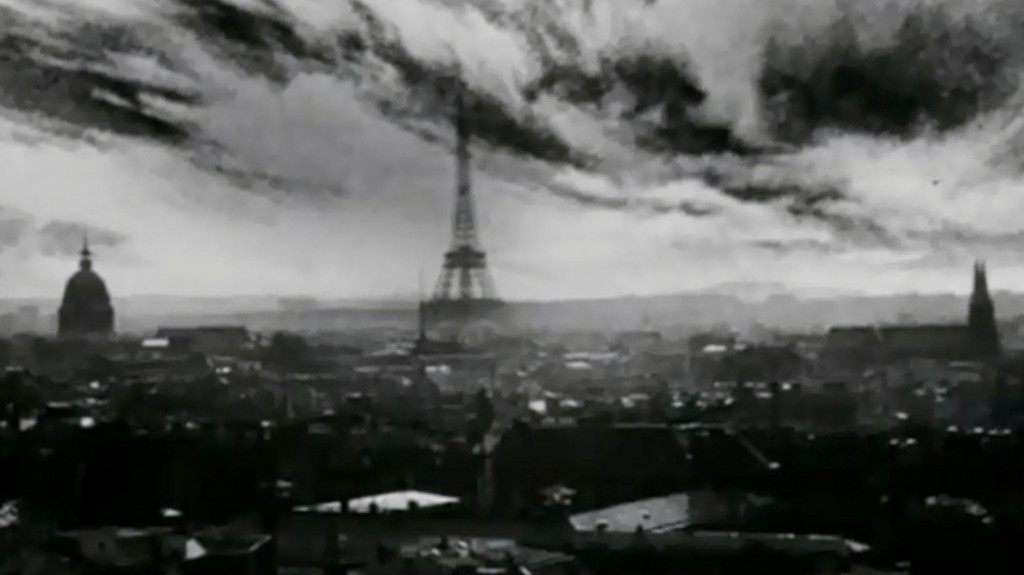

Left Bank Cinema as Memory
From Jean-Louis Schefer on ChrisMarker.org:
The originality of Chris Marker’s film obviously resides, as has been regularly demonstrated, in the work of the image [from the protagonist’s childhood] itself: a framing of the most obscure zones of memory’s fragility and unpredictability; and a montage that replicates gaps in recollection. The image itself constitutes an unusual organization of storyline: Marker invents a type of narration that literature cannot often produce. Literature here appears only in the voice of the narrator-commentator: it borrows its script from the narrative mode of a Kafka.
Beyond its novelistic argument, the film consists in something other than an autobiographical project whose shape it wants to trace. These intimate recollections, essentially tied to the return of the figure of a childhood love, can only be organized in a science-fictional scenario (the role of that obsessive image is also to denaturalize the fiction): such a scenario constitutes the expansion of the field where the subject of memory, of recollection, of relived affects, is put into an experimental situation. He is the milieu, the strictly individual and lonely guinea pig, of an experiment of which he is both the key and the secret.
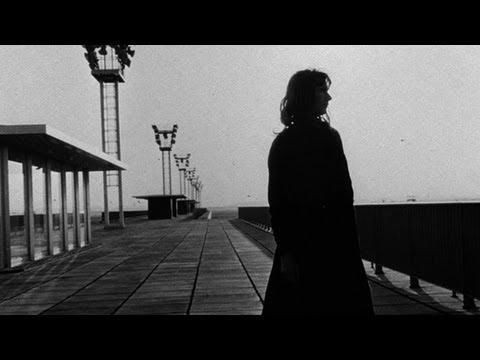
Watch this video on YouTube
An original visual essay from Criterion exploring the soundscape of Chris Marker’s 1962 landmark LA JETÉE.
Written and Directed by Chris Marker (1921-2012), Produced by Anatole Dauman, Narrated by Jean Négroni, Starring Hélène Chatelain, Davos Hanich, Jacques Ledoux. Music by Trevor Duncan, Cinematography Chris Marker, Editing by Jean Ravel. Release date(s) 1962. Running time 28 minutes. Country: France.
© Chris Marker, 1962
Updated 26 March 2023

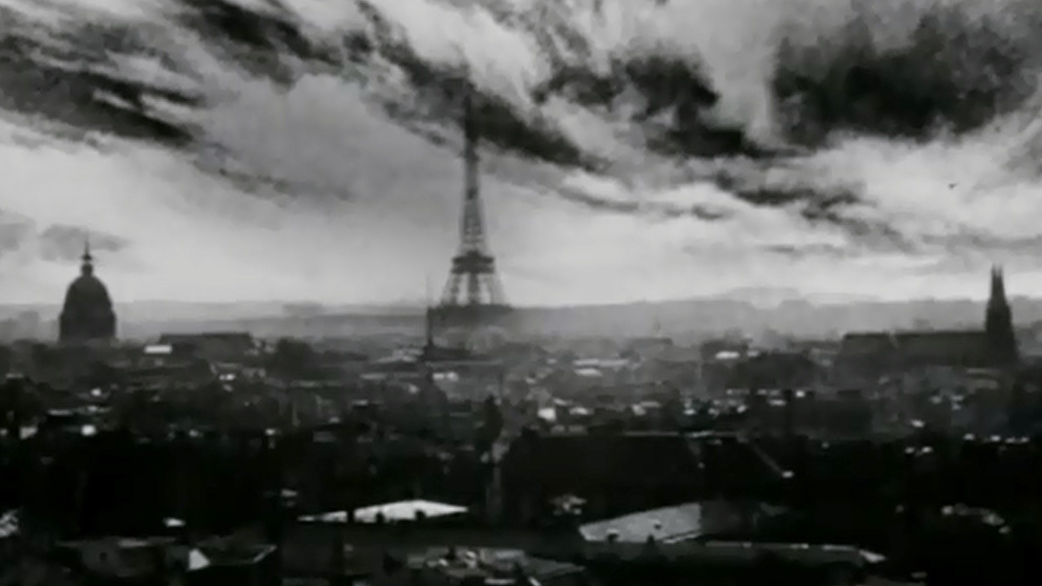


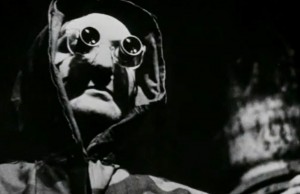

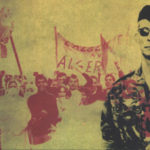
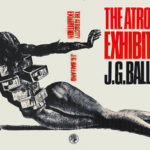
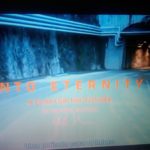
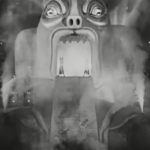
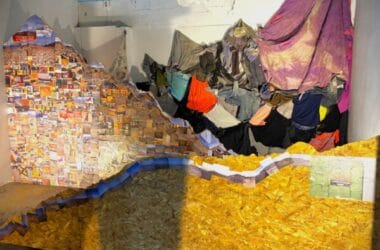


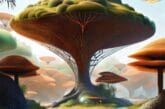


Thanks for sharing your thoughts about world war iii.
Regards